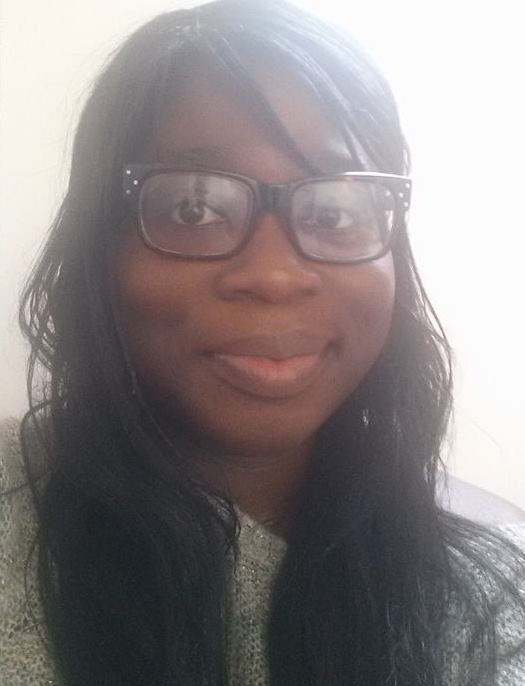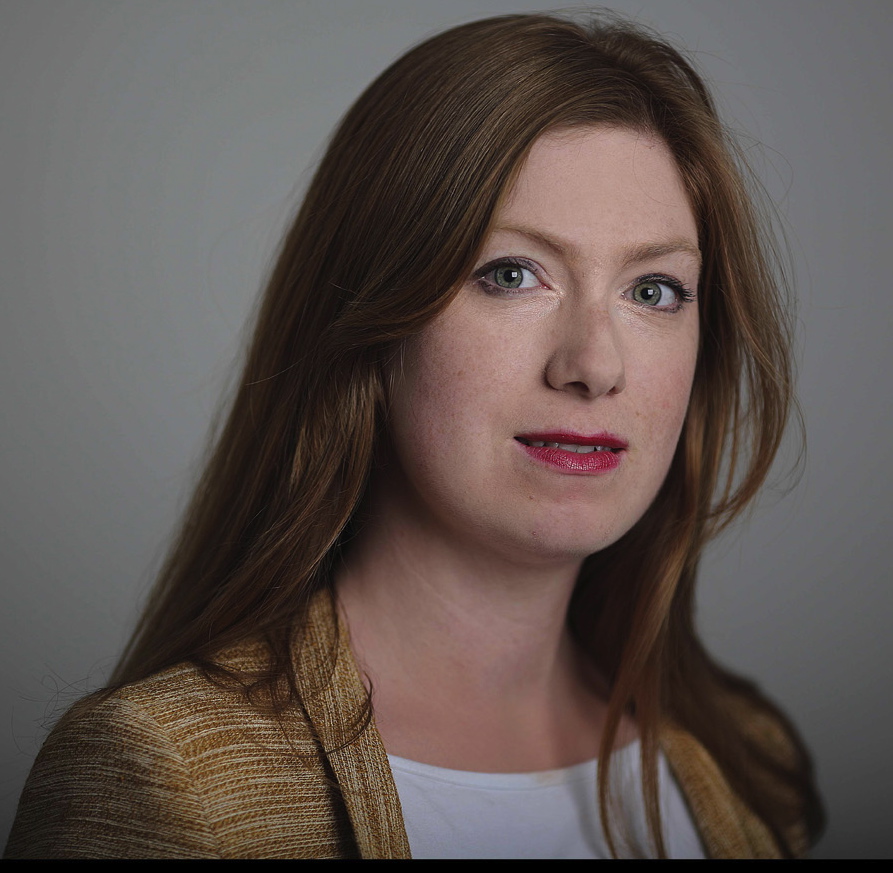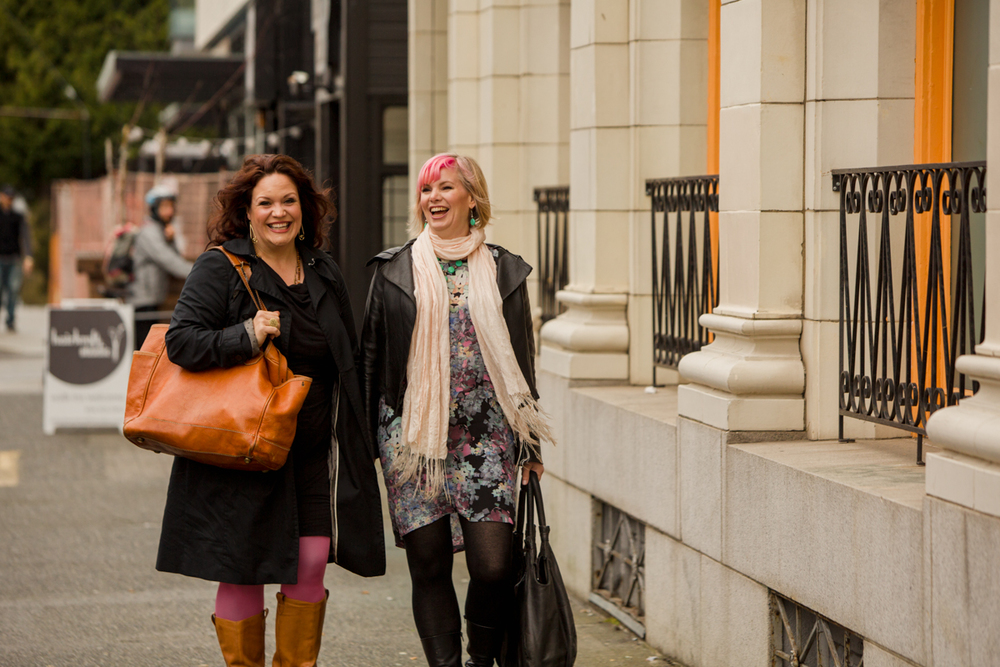Episode 55: A difficult decade
/January 25, 2015
"Every time I talk to someone about starting my career or being in my twenties everyone says, 'Your twenties are pretty terrible. I don't know if anyone's ever told you that before but your twenties are a hard time.'" - April Laissle
"What I've noticed in terms of getting your first job...is that no one wants to train people...they want someone else to have done that. They want the polished version, ready for work." - Ade Okeowo
22 minutes.
 Ade Okeowo
Ade Okeowo
For some the twenties are a fun, relatively carefree time (who are these people?), but for many women this decade is stressful. They're trying to work out how they fit into the workplace, whether they're even in the right career, and how to communicate with older colleagues. The world is far more competitive than it was 20-plus years ago when I started working. But that's not the only thing that's different about the old me and today's twenty-somethings.
I did this show because a listener in London, Ade Okeowo, asked me to. She and Broad Experience intern April Laissle are my two main guests. One is several years into a career, the other is on the cusp of hers. Each has plenty to say.





